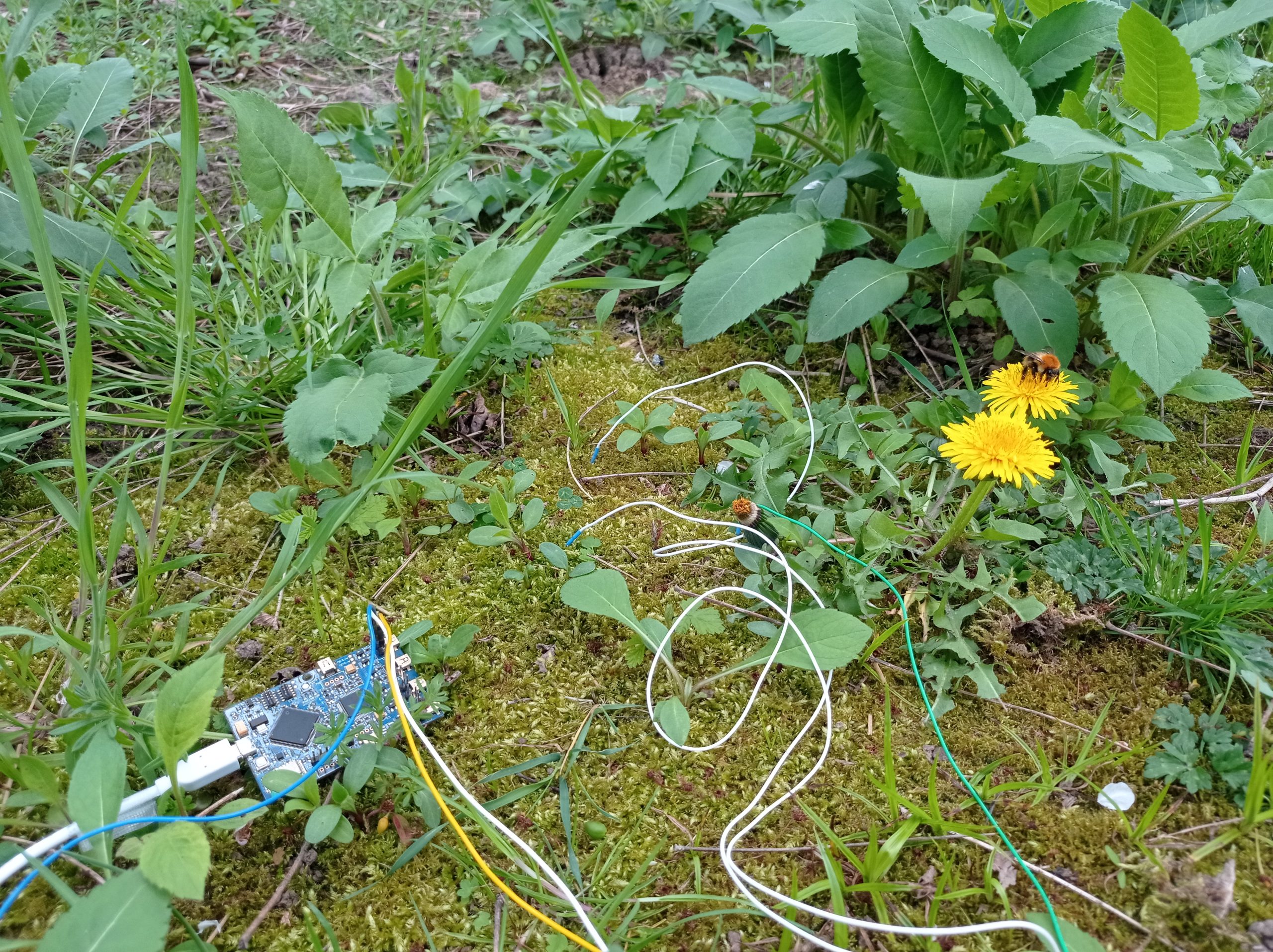

Sound ecologies and co-creativities beyond the human, Diane Schuh
Environmental and social crises are redefining our ways of “dwelling in the world” (Ingold, 2000; Larrère, 2018) and questions the limits of the models some refer to as the Anthropocene. Alongside these upheavals, musical practices rooted in ecological theories have emerged (Solomos, 2023). Among them, sound ecology (Schafer, 1994) has taken shape as a field, marked by terminological shifts since the 1970s – eco-acoustics (Paparrigopoulos, 2024; Bruyninckx, 2018), sonic ecosophy (Barbanti, 2023) – that express a desire to construct a critical, relational, and perceptual commons of listening. Linked to the technical tools of sound recording (Galand, 2012) and computer music (Truax, 2008), the discipline has evolved towards practices integrating interconnected processes and distributed agencies between humans, organic non-humans, and machines.
Two aspects: (1) the decentering of the human being in the ecological thinking of the musical project and
(2) the involvement of organic non-humans and machines, call for a redefinition of contemporary sound ecology within a paradigm
of co-creativity, calling for an ecology of musical creation beyond the human, that is, post- humanist (Barad, 2007; Haraway, 2020).
Our research-creation project proposes to think sound ecology by integrating the analysis of technologies that precisely make it possible to compose interactions beyond the human. What musical forms or morphologies emerge from these interactions? What do these technical devices and morphologies reveal about the relationships and contemporary musical ecologies in the making?
Drawing on the experiments conducted in Mycelium Garden (Schuh 2023; 2024) and SOIL (Schuh & Goutmann 2025), this project will develop an in situ improvisation device involving musicians, AI, and organic entities, within two gardens (MSH Paris Nord; submarine base of Saint-Nazaire). Based on the analysis of microperformativities (Hauser & Strecker 2020), drawing on theories of improvisation (Canonne 2010), and diffractive AI practices (Scurto et. al. 2021), the aim is to explore the modalities of co-composition within hybrid systems. An analysis of the generated sound morphologies will be compared with a corpus of recent and analyzed works, in order to produce a critical mapping. This research thus questions the performative agencies of non-humans and proposes a form of sound ecology as a space of negotiation between agents, environments, and technologies.
PROJECT TEAM
PROJECT TEAM
Project carried out at CICM/Musidanse/Université Paris 8 under the supervision of Alain Bonardi and at APM/IRCAM under the co-supervision of Clément Canonne, and benefiting from a creative residency at CNCM Athénor in Saint-Nazaire.











